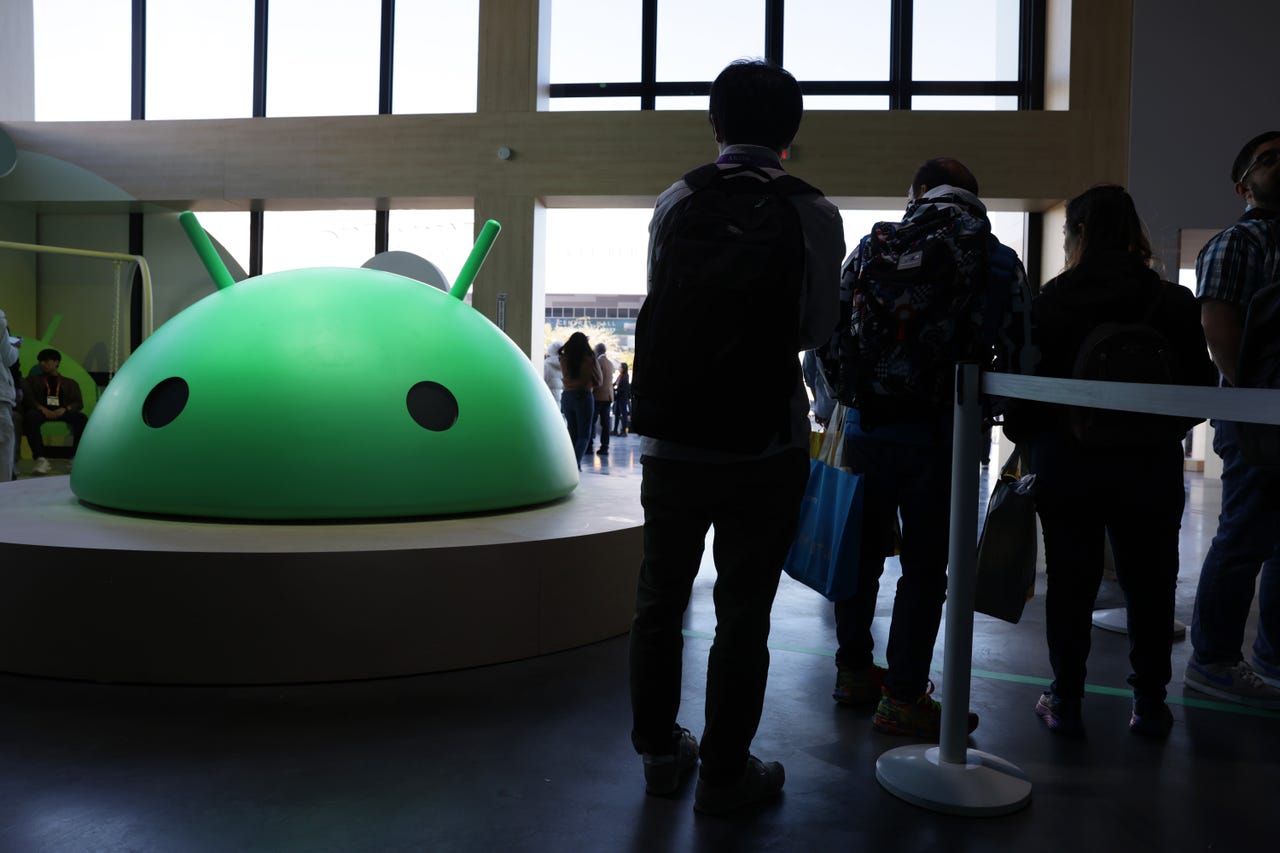Google begins testing new privacy-driven ad tools on Android


Google on Tuesday began rolling out the first beta version of its "privacy sandbox" on Android -- a stack of new advertising features on the mobile platform that are supposed to offer mobile phone users more privacy.
Google has been gradually adjusting its lucrative advertising business as the public grows more aware of advertisers' prying eyeballs -- and as Apple has taken more dramatic measure to limit targeted advertising.
The new privacy sandbox will give advertisers -- as well as app developers who work with third-party ad services -- a way to test out Google's new ad solutions. The new APIs in the privacy sandbox do not use identifiers to track your activity across apps and websites.
"Evolving digital advertising to enhance user privacy, by moving away from reliance on cross-app tracking, is vital for the future of a thriving mobile ecosystem," Anthony Chavez, Google's Privacy Sandbox VP, wrote in a blog post.
However, advertisers will still learn about the topics you're interested in, according to Android's estimations. Apps participating in the beta can still show you potentially relevant ads and measure their effectiveness.
While endorsing its own approach to advertising, Google took the opportunity to knock Apple's App Tracking Transparency feature, which created some turbulence in the digital ad business.
"Our goal with the Privacy Sandbox is to enhance user privacy while providing businesses with the tools to succeed online," Chavez wrote. "Blunt approaches that don't provide viable alternatives harm app developers, and they don't work for user privacy either, leading to less private ways of tracking users like device fingerprinting."
The hyperlink in Chavez's blog post sends you to a study examining the effects of Apple's ATT feature.
The Android beta is rolling out gradually, starting with a "small percentage" of Android 13 devices.
If your device is selected for the beta, you'll receive an Android notification letting you know. If you want to opt out of the program -- or find out what advertisers are learning about you -- can you go to the Privacy Sandbox section of Settings. If Google has added any of "topics of interests" that you don't want to see ads about, you can delete them.